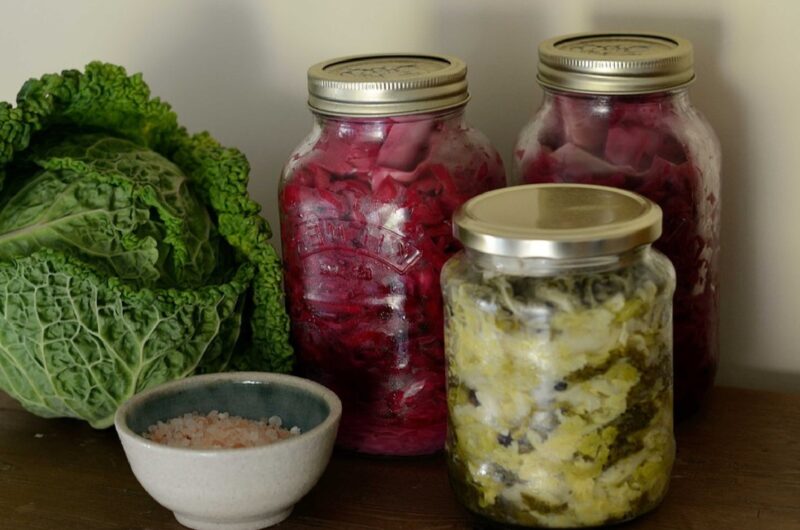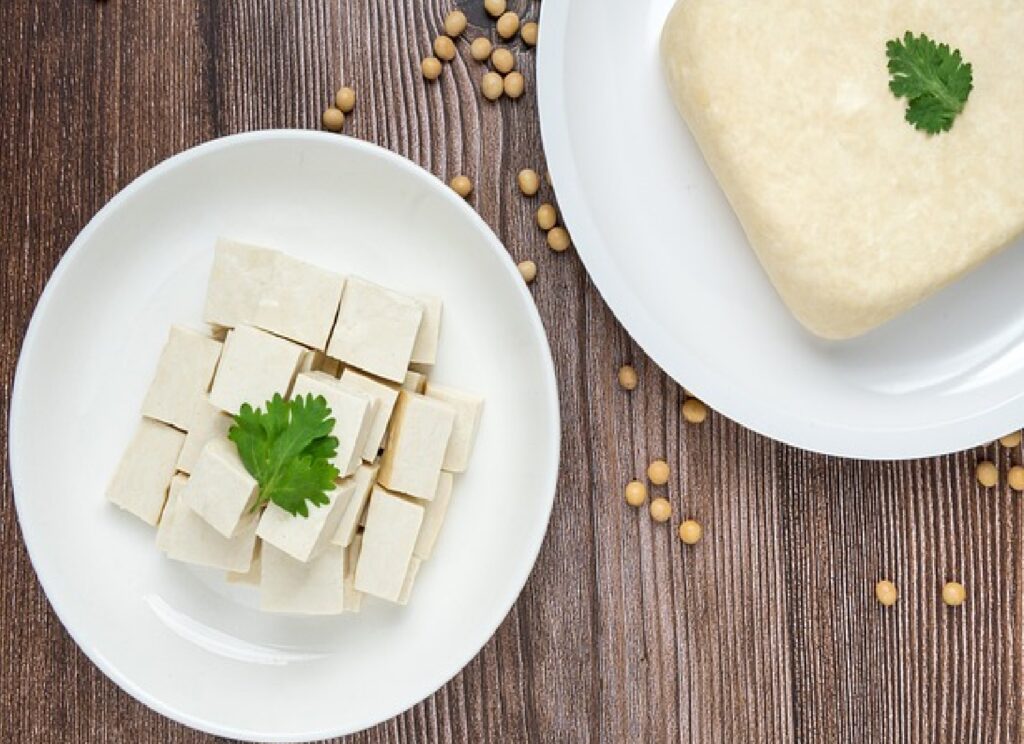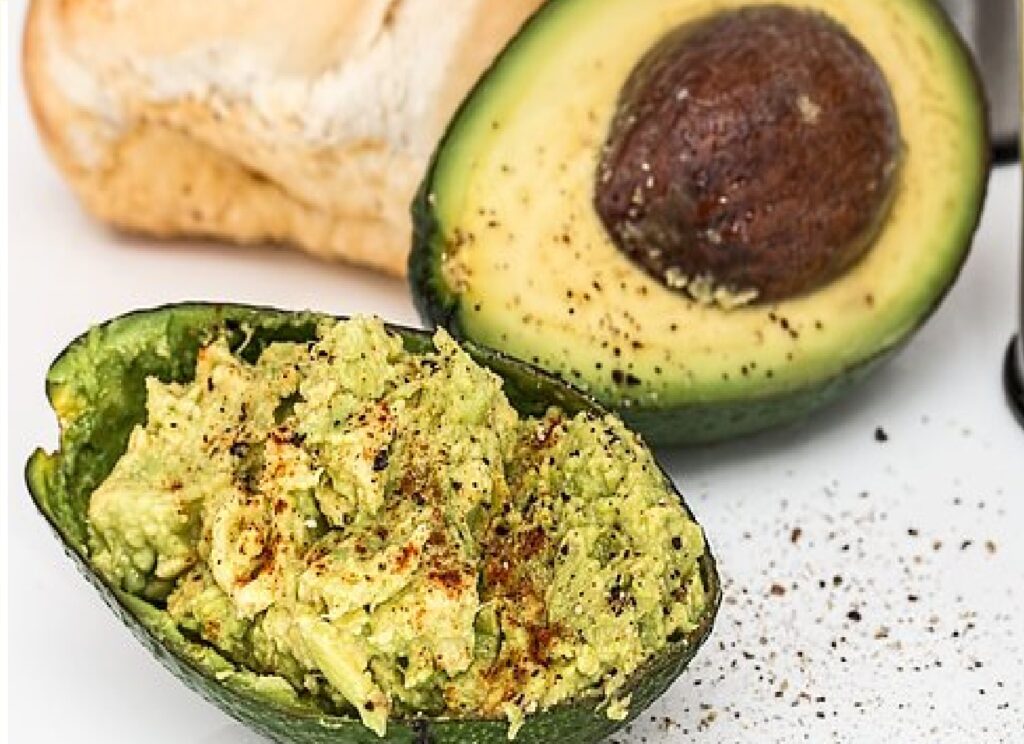Sauerkraut is a delicious, healthy, and probiotic-rich food that has been eaten for centuries. It is made by fermenting cabbage in salt and water, and it is a staple in many cuisines, including German, Polish, and Russian. Sauerkraut is an excellent source of vitamins C and K, and it is also high in fiber and antioxidants. It has many health benefits, including improving digestion, boosting immunity, and preventing cancer.
The Tangy, Tasty Treat that is Sauerkraut: Why You’ll Love It Too
I love sauerkraut because it is a delicious and healthy probiotic food. Probiotics are beneficial bacteria that help keep our gut healthy. They help us digest our food properly and absorb nutrients more efficiently. They also help protect us against harmful bacteria and other microbes.
Sauerkraut is made by fermenting cabbage in water, salt and caraway seeds. The fermentation process creates lactic acid, which is what gives sauerkraut its characteristic sour taste. Lactic acid is also a natural preservative, which is why sauerkraut can be stored for long periods of time without spoiling.
The fermentation process also increases the levels of vitamins and minerals in cabbage. Fermented foods are a great source of vitamins B and C, as well as iron, magnesium and calcium.
Sauerkraut is a versatile food that can be used in a variety of dishes. It can be eaten raw, cooked, or as an ingredient in other recipes. It pairs well with meats, fish, and poultry, as well as with grains and vegetables.
I love sauerkraut because it is delicious, nutritious, and versatile. It is a great way to get probiotics into my diet and to improve my gut health.
Spicy, Herbed, Sweet and sour sauerkraut: A unique twist on a classic dish
Sauerkraut is a delicious, healthy and versatile food that can be enjoyed in many different ways. One of the great things about sauerkraut is that it can be made to suit your own personal taste preferences. Here are some different variations you can try for your next batch of sauerkraut:
- Add in some shredded carrots or other vegetables of your choice for extra flavor and nutrition.
- Use a different type of cabbage, such as red cabbage, for a different flavor and color.
- Try using different herbs and spices to flavor your sauerkraut, such as dill, caraway seeds or juniper berries.
- Mix in some fruit, such as apples or pears, for a sweetness balance.
- For a more traditional flavor, add in some bacon or ham.
- For a vegetarian option, try adding in some mushrooms.
So, next time you make sauerkraut, don’t be afraid to experiment and add in some extra ingredients to create your own unique flavor. Bon appetit!
What are the benefits of eating sauerkraut?
Sauerkraut is a type of fermented cabbage that is rich in probiotics and other nutrients. Probiotics are beneficial bacteria that can help improve gut health. They can also help boost the immune system and aid in digestion. Sauerkraut is also a good source of vitamins C and K, and it contains minerals such as iron and magnesium.
There are many potential health benefits associated with eating sauerkraut. For one, it may help improve gut health by providing beneficial bacteria. It may also help boost the immune system and aid in digestion. Additionally, sauerkraut is a good source of vitamins C and K, and it contains minerals such as iron and magnesium.
If you’re looking to add more probiotics and nutrients to your diet, consider giving sauerkraut a try. It’s a delicious and healthy way to improve your overall health!
Is sauerkraut and cabbage the same thing?
Sauerkraut and cabbage are not the same thing. Cabbage is a leafy green vegetable that is often used in salads, while sauerkraut is a fermented food made from cabbage. Sauerkraut is high in probiotics and has many health benefits.
Is sauerkraut good for weight loss?
Sauerkraut is often hailed as a superfood due to its high nutrient and probiotic content. Some even claim that it can help with weight loss. But is there any truth to these claims?
The short answer is that sauerkraut may indeed help with weight loss, but the evidence is far from conclusive.
One study found that rats fed a sauerkraut-enriched diet ate less overall and gained less weight than those on a control diet. However, it’s worth noting that this study was sponsored by a sauerkraut company, so the results should be interpreted with caution.
Another study found that people who ate sauerkraut every day for eight weeks had lower levels of the hunger-stimulating hormone ghrelin and lost an average of 2.5 kg (5.5 lb) compared to those who didn’t eat sauerkraut.
However, there are also several studies that have found no association between sauerkraut consumption and weight loss.
So, the jury is still out on whether sauerkraut is a magical weight loss food. However, there’s no harm in adding it to your diet if you enjoy the taste. Just don’t expect it to work miracles!
Is sauerkraut a good probiotic?
Sauerkraut is a fermented food that is rich in probiotics, which are beneficial bacteria that can improve your gut health. Probiotics can help to restore the natural balance of bacteria in your gut, and may help to improve digestive problems, boost your immune system, and even reduce anxiety and depression.
While sauerkraut is a great source of probiotics, it’s important to remember that it is also high in sodium. If you are on a low-sodium diet, you may want to limit your intake of sauerkraut. You can also find probiotic supplements at your local health food store.
sauerkraut
Course: Others4
servings30
minutes40
minutes300
kcal



